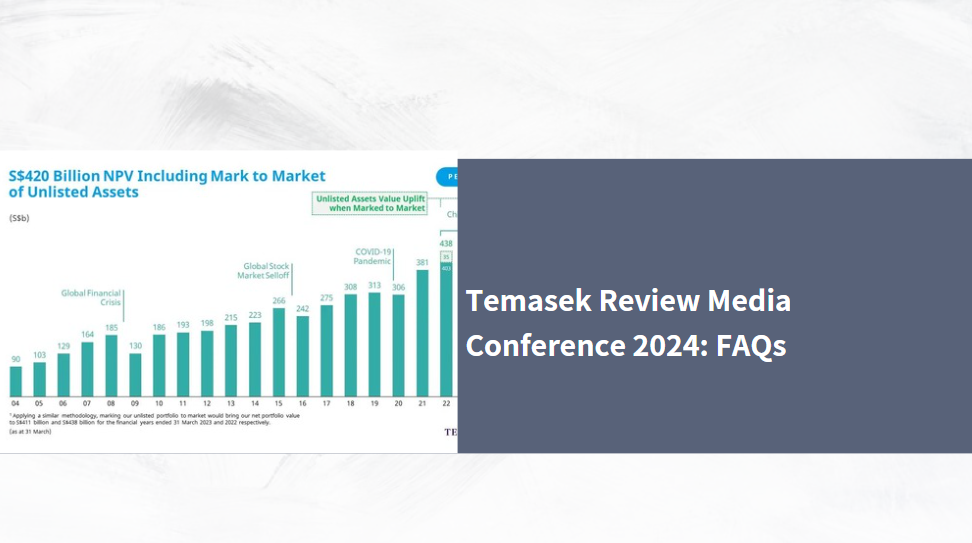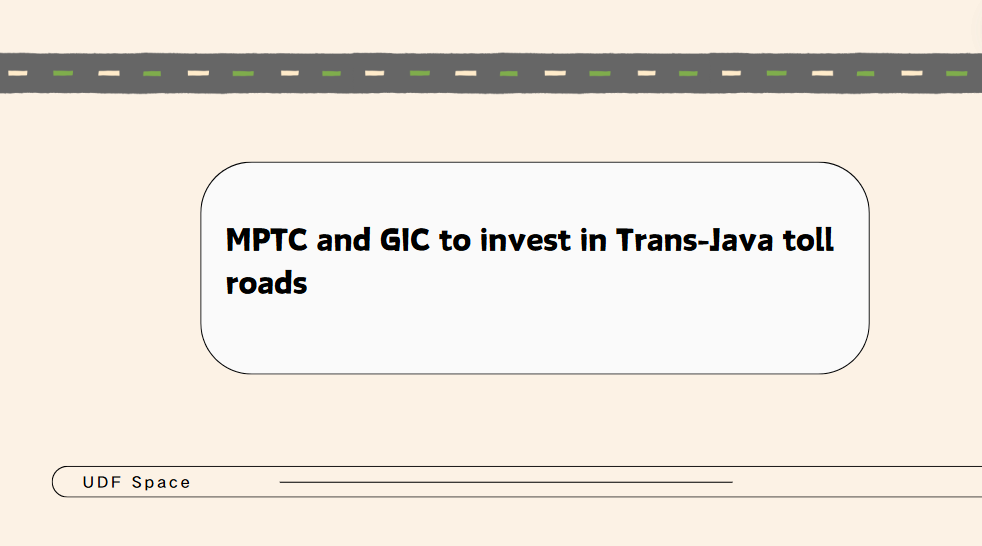Keynote Speech by Tan Boon Gin, CEO of SGX RegCo, at the inaugural ISCA-SAC BOD Masterclass
Good afternoon and thank you ISCA and SAC for having me here today.
1. When I received the invitation to speak at the launch of this training for first time directors, I originally wanted to speak about directors’ duties and responsibilities. Then I saw the program and I realised the person speaking after me is the best man for that job. So, I’m going to leave it to him, other than to say that we at SGX RegCo have the highest expectations of directors and in particular independent directors, so think very carefully before you sign on the dotted line.
2. Instead, I am going to talk about the broader challenges that you will face. Uncertainty over geopolitics, interest rates and economic factors have made many of us less sanguine than before. While the US markets roar ahead, or perhaps because the US markets roar ahead, most other markets have witnessed fewer IPOs and more delistings, lower valuations and less liquidity, Singapore is no different and you as new directors, are about to enter the maelstrom.
Value Focus Approach
3. I am not here to debate why the Singapore market is where it is. Rather, I am going to discuss what we can do, have done and will do to improve our market. We call this the “value focus” approach because our efforts are centred around enhancing shareholder value.
4. Our value focus approach has 3 prongs. The first is market discipline. We must nurture, encourage and enable market discipline , in order to drive shareholder value creation. The heart of effective market discipline is the active investor – a shareholder who is prepared to ask the difficult questions, requisition meetings to compel change, and vote with both hands and wallet to hold companies and boards accountable.
5. We believe more active investors and effective market discipline will encourage our companies to improve their operational performance and returns to shareholders. This is why we proposed in April to make it easier for shareholders to call for general meetings to bring about the changes they feel are important. We are heartened by the feedback we have received. People generally agree that shareholders should be able to put important issues such as a change of directors to a vote, and we are working through the details of the new requisitioning process.
6. We also intend to work with our industry partners on other ways to empower shareholders and give them a louder voice. The Securities Investors Association (Singapore) (Sias) has recently indicated they are studying the possibility of posing additional questions to boards of undervalued companies on their plans to improve their valuations. We support this initiative and encourage companies to respond meaningfully and comprehensively to such questions.
7. There are any number of ways for our companies to unlock value: mergers and acquisitions, divestments or asset recycling, committing to a dividend policy. These are just some of the steps our companies have taken. We have received feedback that enhancing investor confidence in the valuations of the businesses to be acquired or disposed could help to facilitate these transactions, which typically need to be voted on by shareholders. We are therefore looking at how we can enhance the robustness of valuations, again in consultation with our industry partners.
8. Now before all of you start complaining about this additional scrutiny, let me say that active investors and market discipline must also play their part to acknowledge and send positive price signals to reward companies and boards that improve shareholder value. In other words, this can only work if it is a two- way street. Indeed, I understand that we may start seeing corporate awards recognising such efforts as early as this awards season. I need your help to change the mindset from the price of compliance to the prize for compliance.
Smoothening the way
9. The second prong of the “value focus” approach is to reduce market friction. Some market participants have told us that our trading queries may affect the ability of companies to conduct “value focus” activities such as share buybacks. We have thus launched a review of the queries posed to listed companies, looking at both when, and how, we query companies. We are seeking a more judicious balance between our role in ensuring the disclosure of material information, and the role of the market itself in price discovery and correction through uninterrupted trading because that is what we all want. This is in addition to the steps we have already taken to fine-tune our queries regarding unusual trading activity to make them more targeted. You will have noticed that this has led to a fall in the number of such queries issued in the last half-year.
10. I also understand that companies are often reluctant to engage with analysts, reporters and investors because they want to avoid accusations of selective disclosure or drawing unwelcome queries from SGX RegCo if any forward-looking statement is published. If there any doubt about selective disclosure, this is easily solved by putting any material materials that you share at an analyst or media briefing or investor roadshow on SGXNet at the same time so there is a level playing field. We have also received requests to make clear safe harbour guidelines for companies making forward looking statements. While some existing guidance is already available, we are open to feedback on how we can refresh this, or add to this, to help issuers feel more confident in making decision-useful disclosures. By making this explicit today, I hope to see more companies step up their investor relations activities. For too long, we have been told Singapore companies are unexciting when really, they are perhaps simply just too shy for their own good.
Fresh blood, fresh ideas
11. The third and final prong of the “value focus” approach is ensuring that our companies have high-quality boards. I said it before and I will say it again, shareholder value creation starts with the board. We believe that having you as new directors can make a difference.
12. Our theory is that new directors and IDs and a renewed board will bring fresh ideas to the table. You will be less wedded to legacy businesses. A more diverse boardroom means more varied views and better decision making. You are also likely to be more open to opportunities in new areas such as sustainability.
13. We are so convinced by this that we made two big policy changes to encourage board renewal and inject new blood. As you may recall, we mandated a 9-year limit on the tenure of independent directors. We also introduced a rule requiring companies to disclose a board diversity policy including targets. Consequently, 2/3 of the directors appointed by Top 100 companies in 2023 were first timers. This was up from 47% in 2022. In other words, many of you here are the product of a combination of these two policies, so, no pressure, it is in your hands to prove that we made the right policy.
To be or not to be Japan
14. In January this year, I attended a Coldplay concert in Singapore. All of us fans were given an LED band to wear which emitted lights of different colours at various points during the concert. At the end of the concert, we were encouraged to return the LED band so that it could be recycled, and there was a leader board showing the percentage of LED bands returned in each city Coldplay had toured. When I saw Singapore, 92% of LED bands returned for recycling, I thought we must be top of the leaderboard. Then I saw Japan. 97%.
15. The reason I mention this is because I am often asked how our “value focus” approach compares to the value up approach taken by the Japanese securities regulators. Let me put it bluntly. The Japanese have taken a much more prescriptive approach and are putting a lot more direct pressure on boards. For example, they are requiring their companies to publicly disclose plans to improve capital efficiency, ROE, and price-to-book ratios, and effectively “naming and shaming” the companies that fail to do so.
16. If you will pardon me for using another music reference, the stock market is undoubtedly “Big in Japan”. But as I illustrated earlier, the Japanese are no ordinary culture, and the revival of their market has been a long time coming. Many of the reforms were introduced years ago but have received much more attention in recent months due to tailwinds including a weak yen, relatively low interest rates and the so-called Warren Buffett effect.
Conclusion
17. So, should we apply the same pressure and prescriptive approach taken by Japan? To their credit, some of our companies like Keppel, SingTel and Singpost have conducted strategic reviews and taken steps with the aim of generating greater shareholder value. Others such as Capitaland Investment, OCBC and Sembcorp Industries are also delivering returns to shareholders through share buybacks, in addition to the plethora of companies paying out dividends. Promisingly, our market has shown it does reward companies which seek to increase shareholder value.
18. So, to you, our new directors, I would like to issue this challenge. Don't wait for us to be as prescriptive as Japan before you act. Prove that new directors and fresh blood like yourselves are enough to transform “stale” companies into companies with the “big ambitions” that the Business Times recently suggested is needed by the stock market here in Singapore.
19. On that note, I wish you all the best and look forward to hearing from you and exchanging ideas and views as we work together to lift shareholder value.
-End-





















































First, please LoginComment After ~